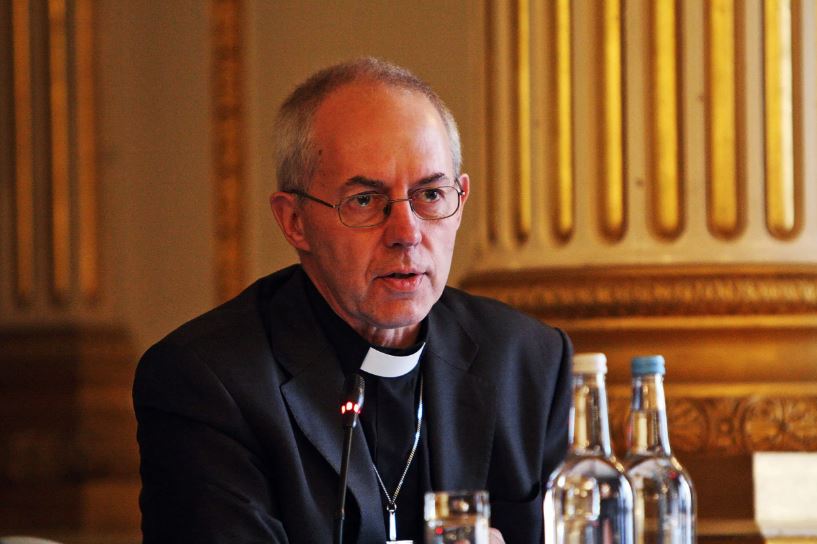Quinquagesima Sunday is the last of the 3 “Gesima” Sundays. The name is derived from Latin quinquagesimus (fiftieth day) and refers to the fifty days before Easter Day. Quinquagesima is the last Sunday before Lent which begins on Wednesday of the week, known as Ash Wednesday.
Ash Wednesday is so called because of the practice of placing ashes on the foreheads of adherents to symbolize their repentance, mortality and commitment to God. The ashes used are gotten from the Palm leaves from the previous year’s Palm Sunday burnt on the Tuesday preceding the Ash Wednesday called Shrove Tuesday. The ashes, which are mostly mixed with oil, are imposed on the foreheads of the faithful in the shape of a cross with one of the following words: Remember, O man that you are dust, and unto dust you shall return (Genesis 3:19); Turn away from sin and be faithful to the Gospel (Mark 1:15); Repent, and hear the good news (Mark 1:15). The Ash Wednesday launches Lent, also known as Quadragesima (40 days), which is the period in the Church Calendar, of 40 days excluding Sundays, which come before Easter. It is a season of reflection and preparation before the celebration of Easter. Lent is marked by fasting, both from food and festivities.
As the last Sunday before Lent, Quinquagesima prepares us for Lent with a call to repentance.
Repentance is the English translation of Greek metanoia which is a compound word of the preposition ‘meta’ (after, with), and the verb ‘noeo’ (to perceive, to think). Metanoia is therefore primarily an after-thought, different from the former thought; regret; a change of mind accompanied by change of conduct. It means changing direction or making a U-turn. A typical description of repentance in the New Testament is the Parable of the Prodigal Son (Luke 15:3ff). In the Old Testament, the idea of repentance is represented by two Hebrew verbs: shuv (to return) and nicham (to feel sorrow).
Sin or disobedience to God incurs God’s wrath and punishment. However, God does not delight in the death of a sinner but that he turns away (repents) from his sin and live (Ezek. 33:11; Jonah 4:11). God wants everyone to repent (2 Pet. 3:9; Acts 17:30). This is why he persistently makes the call for repentance, which we need to heed else we perish (Luke 13:3).
The Readings: Hosea 14:1-7; Col.1:18-23; Mk 2:13-17
Hosea passage is typical of God’s call for repentance. God is willing and ready to restore the Israelites when they return to him. True repentance brings physical and spiritual benefits. Israel’s chief sins were reliance on other nations (Assyria), physical strength and gods (vs 3) instead of total trust and sincere worship of God. But if they would heed the call of God and come to Him, not in cosmetic repentance of just bringing sacrificial oxen, but this time in offering the fruit of their lips (vs 2) which means the sincere confession of their sins (cf Ps. 51: 17-19), God would willingly receive them and move graciously to help them in love and mercy.
The Epistle describes what God has done to bring his creation back to a good and harmonious relationship with him, entrusting his only Son Jesus Christ with the ministry of reconciliation.
The Gospel is the account of the Lord’s call of Levi who was a tax collector to follow him. To follow Jesus means to turn around from personal direction and move in the direction of Jesus. It is a call to discipleship and repentance.
The Venerable Dr Princewill Onyinyechukwu Ireoba, FIMC, CMC
Rector, Ibru International Ecumenical Centre, Agbarha-Otor, Delta State. https://ibrucentre.org
princewillireoba@gmail.com, trinityfoundationibrucentre@gmail.com







